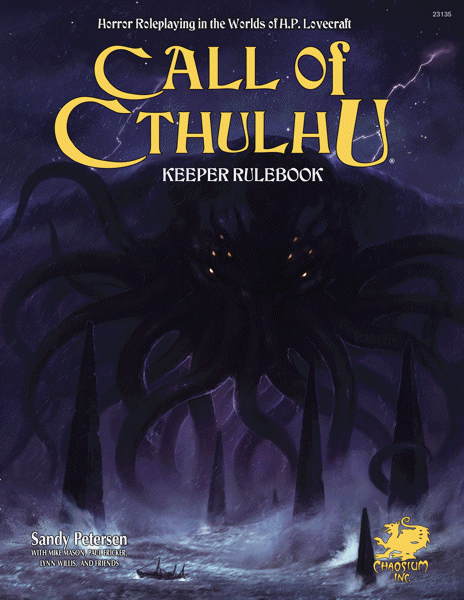I spent much of this summer trying to master Dungeons & Dragons. I had wanted to play as a kid in the 1980s and owned a copy at one point, but we were too rural to have anyone to play with. I distinctly remember the instructions saying you needed at least 3 people, 1 Dungeon Master and 2 players, and my brother and I just gave up on playing.
Now I have sons who are interested in this sort of game, and Dungeons & Dragons is popular again with the dominance of nerd culture and YouTube. Shows like Community, Big Bang Theory, and Stranger Things have featured Dungeons & Dragons, and YouTube has many shows of people playing the game. It's never been easier to learn to play, especially with YouTubers demonstrating and explaining the game. So I get to time travel a bit and fix my personal timeline, and be a kid again.
Part of the challenge for me over the summer was getting my head around the game. What is it? Like some weird chimera, it is many things: improvisational acting, the random chance of dice-rolls, the imagination and preparation of the Dungeon Master. It's a mash up of Whose Line Is It Anyway? and Choose Your Own Adventure books. It's a game that is non-competitive because the goal is to tell a great story and have a great experience, not to win. You win battles but you don't really win the game exactly. The Dungeon Master is not competing with the players, and neither are the players competing with each other.
Trying to DM a game is weird, because there's a lot of material in the published campaigns. It took me a while to understand that you don't have to do it all. It's not a book where you read the whole thing, or a TV show where you watch all the episodes. It's weirder than that. There's all this possible material they you don't know if the players will use, because you don't know how they will engage it. Which clues will they follow, which door will they open? They will most likely pursue leads you didn't consider, or get interested in the wrong supporting character. So you prepare and study, and yet prepare to throw much of it out the window if need be. There are important plot points in the campaigns, and if the players don't follow them in expected ways then you re-introduce them in other ways, later – if they kill a character who had a clue for them, you have someone else give them that clue later. The deeply improvisational nature of Dungeons & Dragons was hard for me to get my head around, especially when I was studying a detailed campaign book.
Dungeons & Dragons was first published in 1974. It is descended from miniature figurine war games of the early 1900s. H.G. Wells wrote a book of rules for such games in 1913 (the full title of the book is hilarious: Little Wars: a game for boys from twelve years of age to one hundred and fifty and for that more intelligent sort of girl who likes boys' games and books). It was a strange variation of chess, but with figurines and recreated battles, and even a judge/referee to adjudicate the battles. The popularity of Tolkien's book series The Lord of the Rings led to a variation of these war games that included fantasy characters such as hobbits, wizards, and sword-bearing adventurers. This is part of why D&D is such an odd game: it's not descended from other types of games like board games, card games, and dice games. The miniature war games are competitive and zero-sum, but the role-playing aspect of the game that later developed meant that the game was focused more on story and character development, and less on winning. It also became a game of stats and tables, some wild variation on baseball analysis; different characters, races, roles, and levels meant different numbers to roll to win a battle. Yet D&D is quite versatile: it can be played lightly for comedy and fun, or with more focus on the rules and stats, or more for the cosplay and roleplaying aspects.
A fun innovation in tabletop role-playing games is Call of Cthulhu (1981), which eschews the battle and improvement elements of D&D for mystery, investigation, and ultimately defeat. Set in a Lovecraftian world, most of the characters end up dying or going insane. The fun is in the story and growing sense of horror. Both gaming systems allow for some overlap; Pulp Cthulhu is a variation of Call of Cthulhu that features more fighting and excitement, and Dungeons & Dragons 5th edition allows for insanity.
There's a lot to learn from tabletop role-playing games. They inspire creativity, problem solving, and improvisation. They force you to think critically about the game, plotline, characters, and players – how do you move the story forward, especially when the players are stuck or getting frustrated? It's like conducting a story written in realtime by several writers who include chance in their decisions. Games like this help you be a better teacher, preacher, writer, and thinker, because attending to the plot and the audience is at the heart of so much of what we do.


